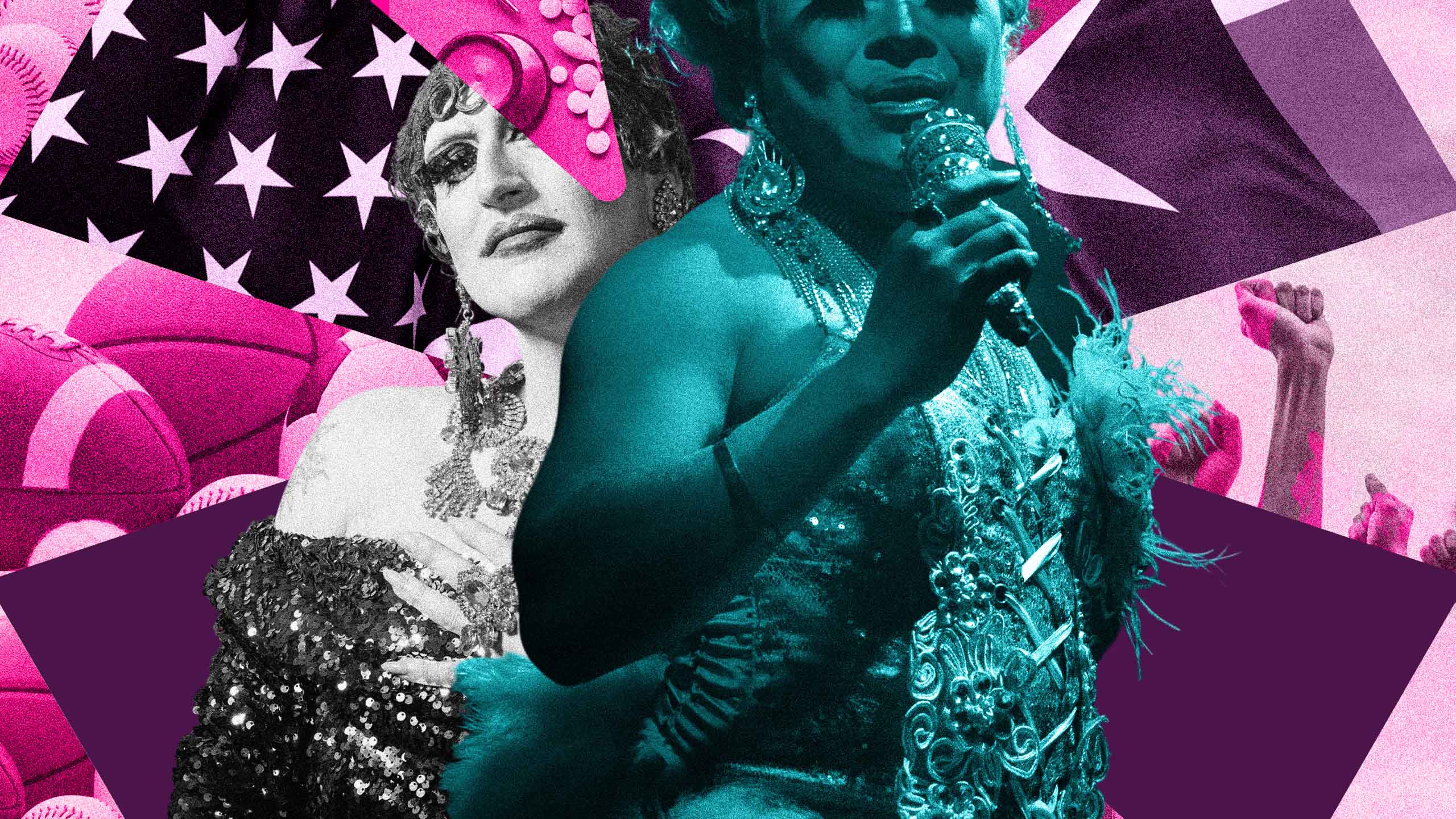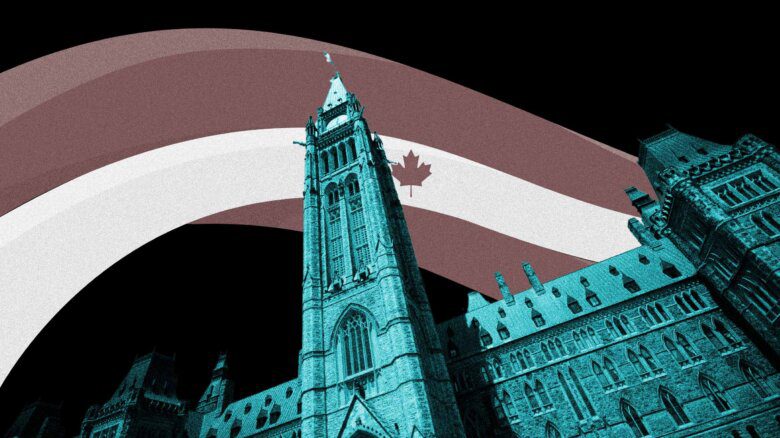On Tuesday afternoon, U.S. Federal Judge David Hittner ruled that Texas’ anti-drag law, SB 12, is unconstitutional. The ruling is the latest in a string of federal court decisions barring enforcement of state-level drag bans in places like Tennessee, Florida, Utah and Montana. The case is likely to be appealed to the conservative Fifth Circuit Court of Appeals, where it faces an uncertain future.
Hittner’s written 56-page decision is sweeping and concludes that the law violates the First Amendment right to free speech and expression. “Not all people will like or condone certain performances,” he wrote. “This is no different than a person’s opinion on certain comedy or genres of music, but that alone does not strip First Amendment protection. However, in addition to the pure entertainment value there are often political, social and cultural messages involved in drag performances which strengthen the Plaintiff’s position [that drag performances are expressions subject to First Amendment protections.]”
The case itself pitted the Abilene Pride Alliance against the state of Texas. The group sued the state over the new law, which was signed into law in mid-June, claiming that it violated their right to free expression. The ruling affirms what almost every other court has already found: that drag performances are a legitimate form of free speech despite the objections of anti-trans feminists and their conservative puppet masters.
Hittner’s injunction stands in contrast with last week’s ruling by Federal judge Matthew Kacsmaryk in a similar case between a student group at Texas A&M and administrators at the school after drag performances were banned on campus. Kacsmaryk is a well documented conservative lackey, willing to affirm whatever a conservative litigant to his court wants, no matter how thin the legal basis for doing so is.
In that case, Texas A&M president Walter Wendler compared drag performances to blackface, a claim that first emerged from within the majority white gender-critical feminist movement. It’s interesting to note once again how conservatives are willing to adopt language developed by the anti-trans feminist movement in order to advance a campaign against gender nonconformity and trans rights.
Kacsmaryk’s ruling was so egregious in terms of legal precedence that it was the first time a judge has ever decided that the first amendment does not apply to drag performances. Legal journalist Chris Geidner has a much deeper analysis of the case’s prospects over at his Law Dork Substack, in which he unpacks more details of the case along with its potential longer-term impacts down the road.
The Texas case is likely to be appealed to the Fifth Circuit, which just Monday allowed the state’s LGBTQ2S+ book ban to begin being enforced while the case works its way through the courts. Conservative federal courts have recently lifted a bunch of temporary injunctions to allow anti-LGBTQ2S+ state laws in a wide variety of conservative states to go into effect in cases pending appeal, a departure from previous courts, which largely sought to maintain the legal status quo to stand while cases worked their way through the court system.
This iteration of modern conservatism is not like what I witnessed when I was younger (think W. Bush era). It’s a more authoritarian movement, willing to exert any bit of power Republicans have, including in the courts, to quash its enemies and critics.
The difference in rulings between Kacsmaryk, a Trump appointee, and Hittner, an 86-year-old Reagan appointee, tells that story very well. The former, like many other Trump-appointed conservative judges, is a Republican rubber stamp personified, while Hittner, an older and much more rational legal mind, upheld precedence and common sense. All but the most bigoted minds understand implicitly that drag shows are constitutionally protected forms of free speech.
Many mainstream articles over the last few years have decried the threat to free speech that the political left and LGBTQ2S+ people supposedly pose by making mean tweets or organizing protests over a given injustice. Premium journalism outlets like The Atlantic and the New York Times even have reporters who work that beat, writing constant polemics on how “the left” is like Mao or Stalin and a threat to free speech.
But these cases are a reminder that the right, with its obsession over trans people and drag, is actually threatening our concept of free speech. Banning drag shows, banning queer and trans books and banning trans kids from referring to themselves the way they want to are all unprecedented restrictions on the speech and expression of LGBTQ2S+ people.
Free speech is not just for cis straight people. It’s for drag queens, trans people, queer people and anyone else conservatives deem to be lesser beings.


 Why you can trust Xtra
Why you can trust Xtra


